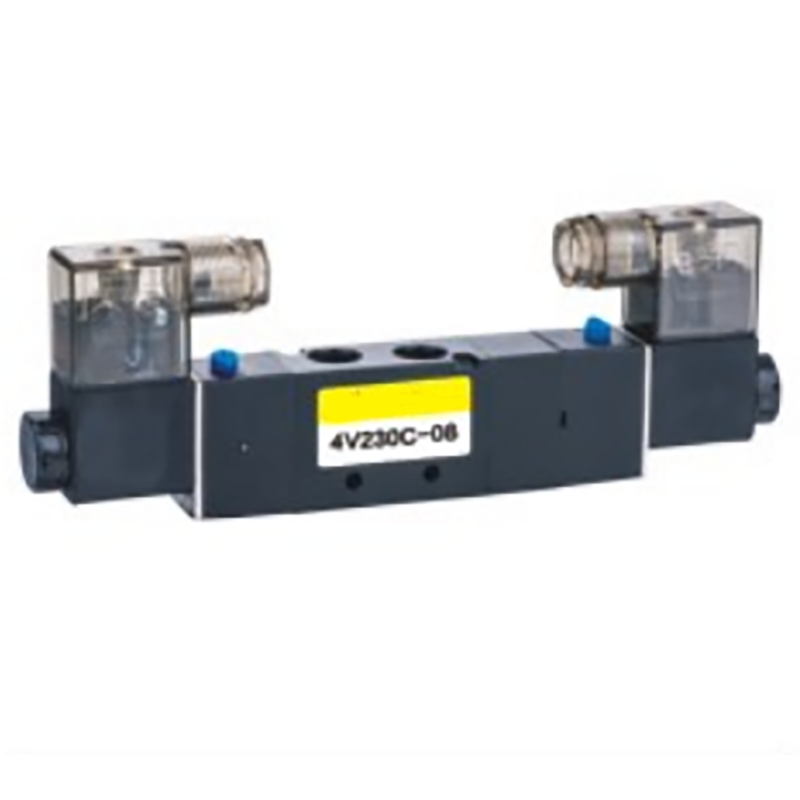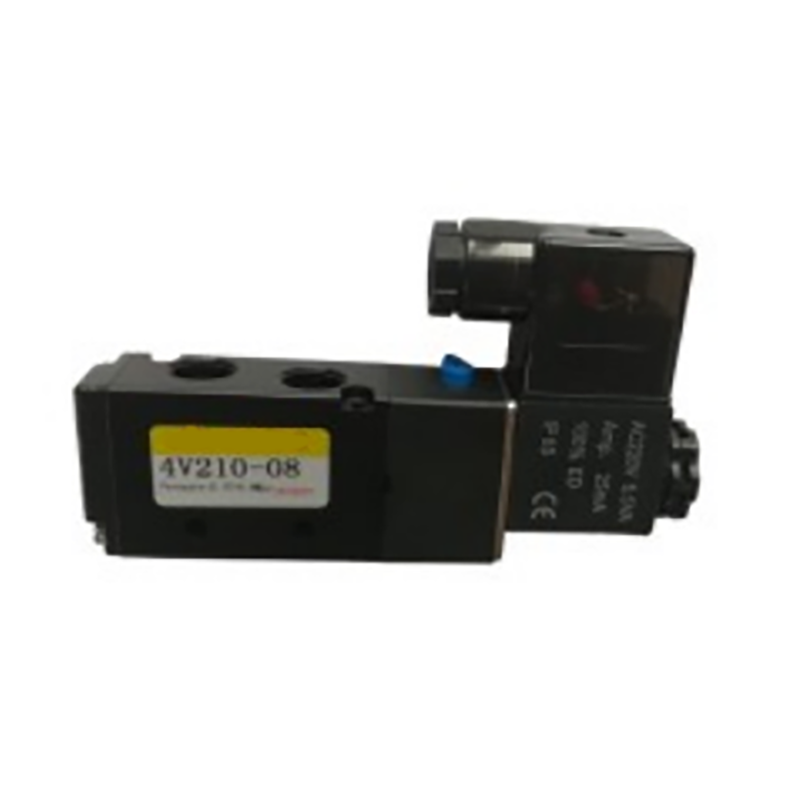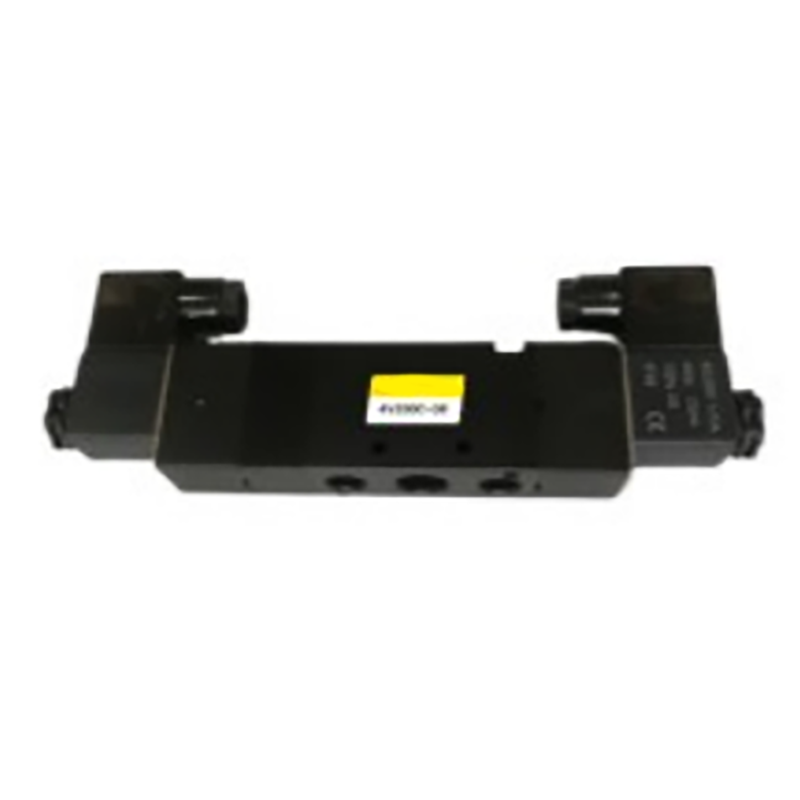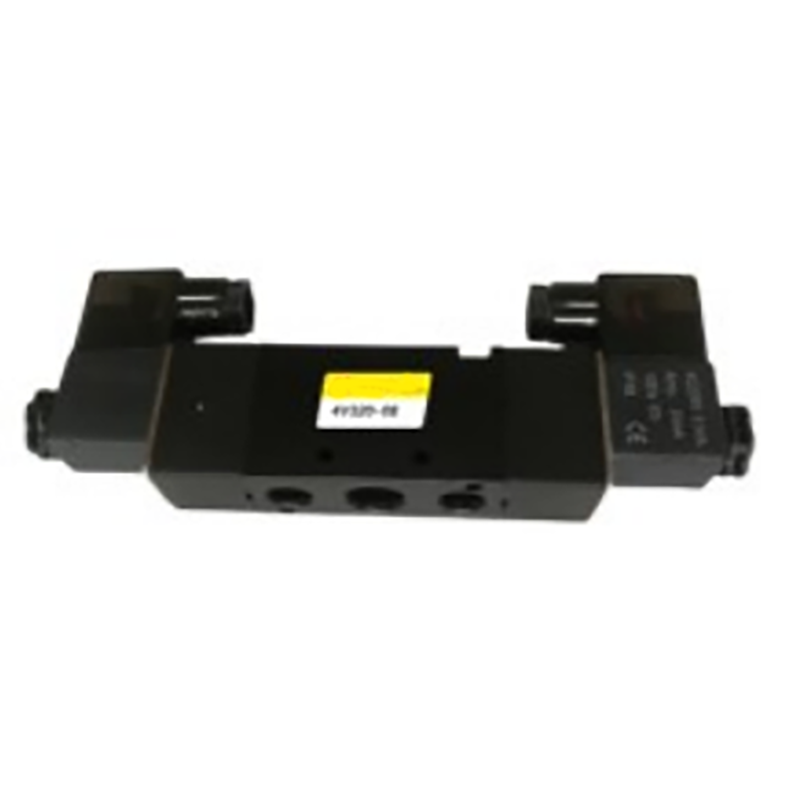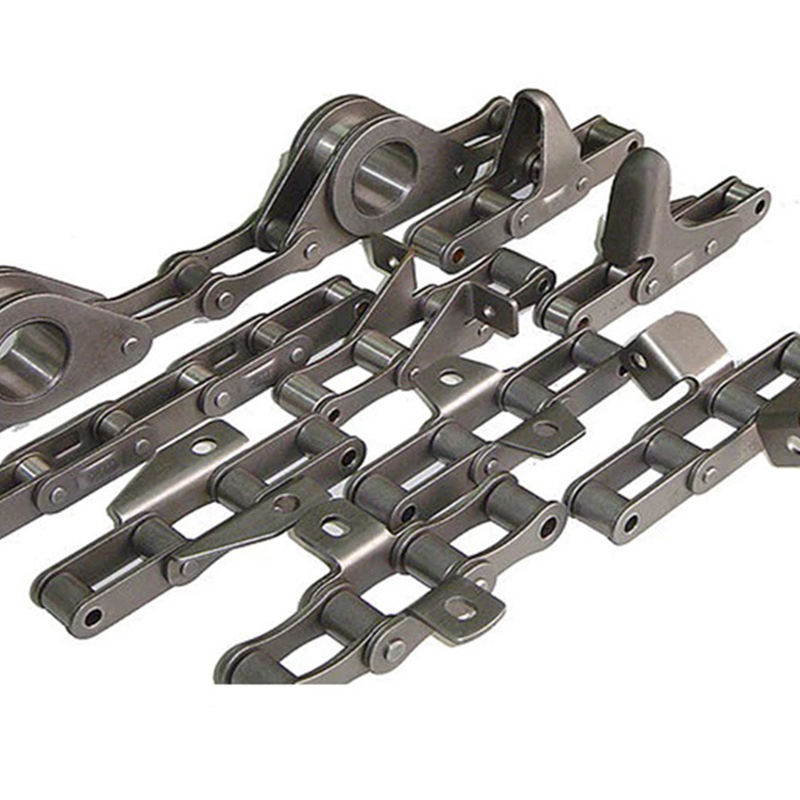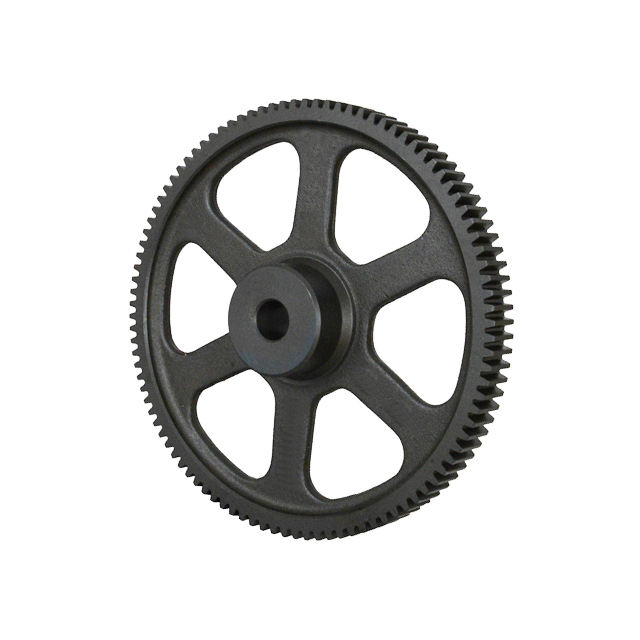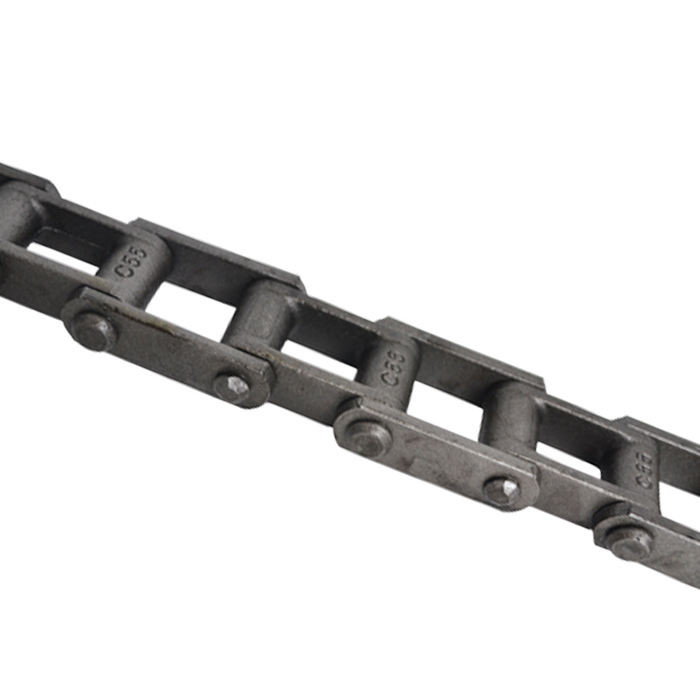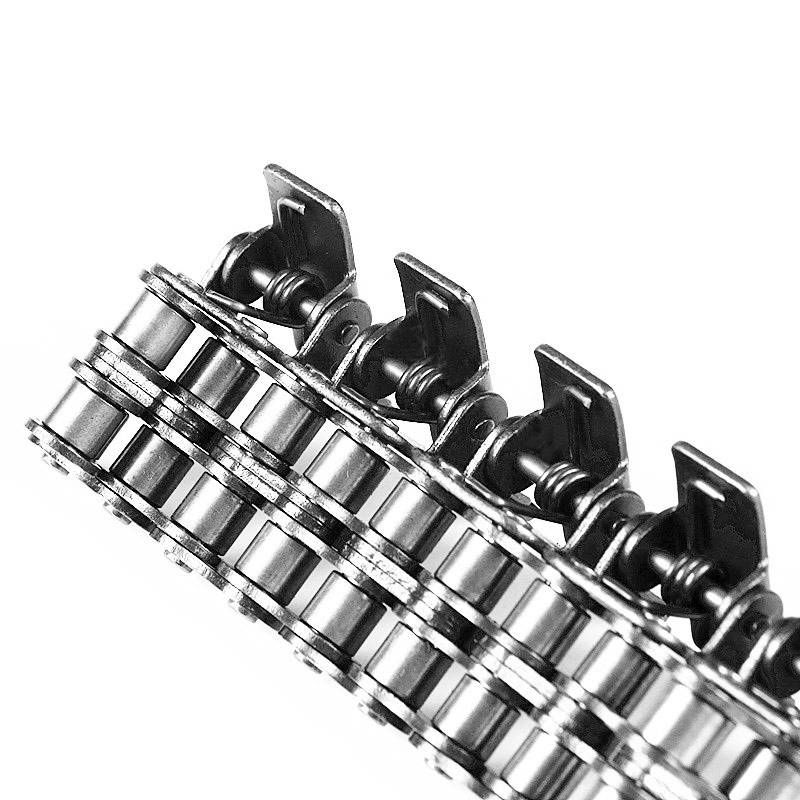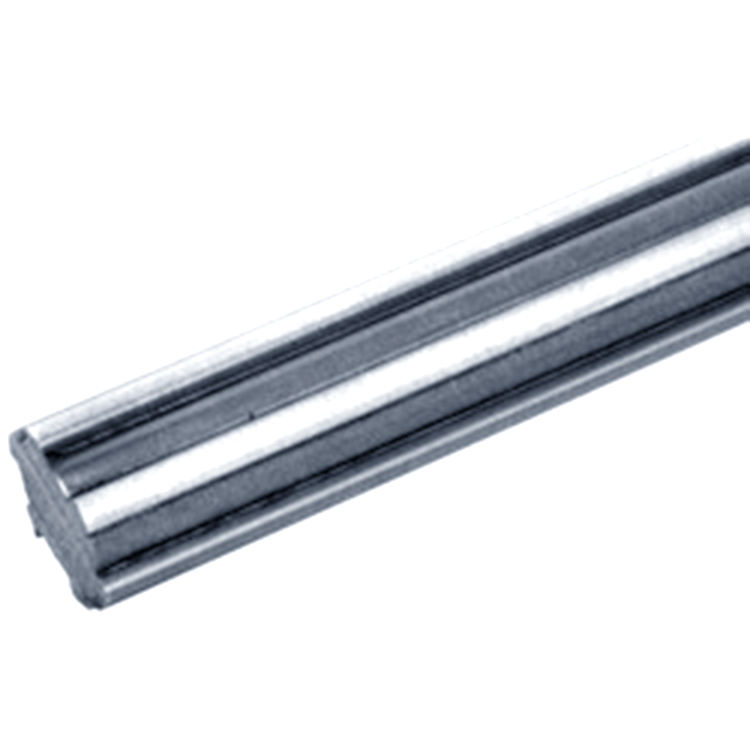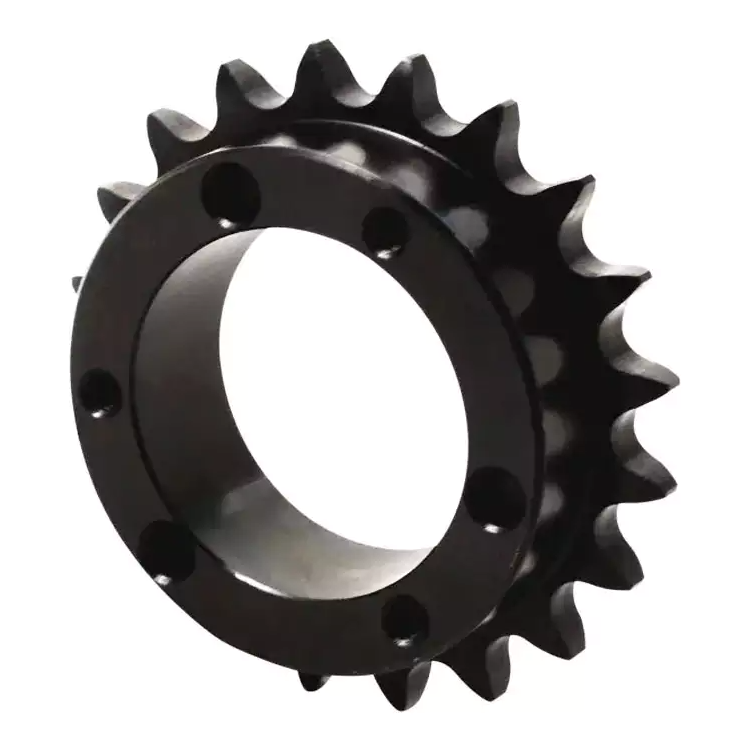What Are Agricultural Sprockets?
Agricultural sprockets are specialized components used in farming machinery to transmit rotary motion between shafts via chains. They are essential for the efficient operation of equipment such as tractors, combines, harvesters, and planters. Designed to withstand harsh environmental conditions, including dust, moisture, and heavy loads, these sprockets ensure reliability and longevity in agricultural applications. Made from high-quality materials like carbon steel or hardened alloys, they reduce wear and tear, minimizing downtime and maintenance costs for farmers.
Key Product Parameters of Agricultural Sprockets
Our agricultural sprockets are engineered with precision to meet industry standards. Below are the detailed parameters presented in lists and tables for clarity.
Material Specifications
- Material Type: High-carbon steel, alloy steel, or stainless steel for corrosion resistance.
- Hardness: 45-55 HRC (Rockwell Hardness Scale) for enhanced durability.
- Surface Treatment: Heat treatment, black oxide coating, or galvanization to prevent rust.
- Weight: Varies from 0.5 kg to 15 kg based on size and application.
Dimensional Parameters
| Parameter |
Range |
Description |
| Bore Diameter |
10 mm to 100 mm |
Customizable to fit various shaft sizes. |
| Number of Teeth |
10 to 60 teeth |
Affects speed and torque transmission. |
| Pitch |
0.25 inch to 2.5 inch |
Distance between teeth centers; common pitches include 0.375", 0.5", and 0.625". |
| Outside Diameter |
50 mm to 500 mm |
Determines the sprocket size and compatibility with chains. |
| Hub Type |
Plain, finished, or with keyway |
Designed for secure mounting on shafts. |
Performance Specifications
- Load Capacity: Up to 5000 N (Newtons) for heavy-duty applications.
- Operating Temperature: -20°C to 150°C, suitable for extreme weather conditions.
- Lifespan: 5,000 to 10,000 hours of operation with proper maintenance.
- Compatibility: Designed to work with ANSI, ISO, or metric chain standards.
Applications of Agricultural Sprockets
Agricultural sprockets are used in various farming machinery, including:
- Tractors: For power transmission in drivetrains and implements.
- Harvesters: In cutting and conveying mechanisms.
- Planters and Seeders: To ensure precise seed distribution.
- Irrigation Systems: In pump drives and moving parts.
FAQ: Common Questions About Agricultural Sprockets
What materials are best for agricultural sprockets in corrosive environments?
High-carbon steel with galvanization or stainless steel is ideal for corrosive conditions, as they offer excellent resistance to rust and degradation from moisture and chemicals.
How do I determine the correct sprocket size for my machinery?
Measure the chain pitch, bore diameter, and number of teeth required based on the machine's manual or consult with our technical team for customized solutions.
What maintenance practices extend the life of agricultural sprockets?
Regular lubrication, cleaning to remove debris, and periodic inspection for wear or misalignment can significantly prolong sprocket life and prevent failures.
Can agricultural sprockets be customized for specific equipment?
Yes, we offer customization options for bore size, tooth count, and material to match unique machinery requirements, ensuring optimal performance.
What are the signs of a worn-out sprocket that needs replacement?
Look for hooked or sharp teeth, excessive chain slippage, unusual noises, or visible cracks. Replacing worn sprockets promptly avoids damage to other components.
How does sprocket hardness affect performance in agricultural applications?
Higher hardness (e.g., 50-55 HRC) reduces wear from abrasive materials like soil and dust, enhancing durability and reducing the frequency of replacements.
Are there eco-friendly options for agricultural sprockets?
We provide sprockets made from recyclable materials and coated with environmentally friendly treatments to minimize ecological impact without compromising performance.
What is the typical lead time for ordering custom agricultural sprockets?
Lead times vary from 2 to 6 weeks depending on design complexity and quantity, with rush options available for urgent needs.


